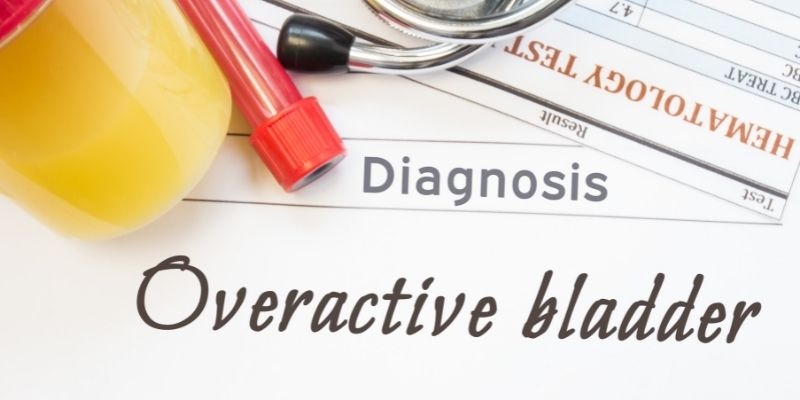How Do I Know If I Have An Overactive Bladder?
2021-10-21 / RG STONE HOSPITAL / Gall Bladder Stone

The bladder is an organ situated in the abdomen that is capable of holding urine in the body. When the bladder is filled with urine it contracts and urine is released via the urethra.
Overactive bladder is a medical condition that begins with muscle contraction and frequent urges to pee. Overactive bladder is also known as an irritable bladder. This condition is a normal result of aging, commonly seen in individuals above the age of 60 years, although women can face these after crossing the age of 40 years.
Symptoms of overactive bladder are:
- Frequent urination
- Sudden urges to urinate
- Leaking or continued urge to pee
- Urge to urinate more often (more than 8-10 times a day)
- Twice thrice waking up at night to urinate
Causes of Overactive Bladder
- Overactive bladder is caused by :
- Nerve damage
- Abdominal or pelvic trauma
- Past surgeries
- Prostate cancer
- Urinary tract infection
- Overweight
- Excess consumption of alcohol
- High intake of caffeine
- Side effect on any drug
- Estrogen deficiency after menopause
Medicines for an overactive bladder:
Medication of overactive bladder varies from condition to condition and person to person. Here’s the list of generic medicines prescribed for this syndrome.
Anticholinergic medications
Medications to control muscle spasms in the bladder:
- Oxybutynin (Ditropan®), oxybutynin XL (Ditropan XL®), oxybutynin TDDS (Oxytrol®).
- Tolterodine (Detrol®).
- Solifenacin (Vesicare®).
- Fesoterodine (Toviaz®).
- Darifenacin (Enablex®).
- Trospium (Sanctura XR®).
- Oxybutinin Gel (Gelnique®).
Beta-3 adrenergic medication
- Mirabegron (Myrbetriq).
- Note: Before, taking any medicine consult doctor.
- Keeping a log: Make a note of all the events that you face in your day-to-day life related to urination or leak. Make sure you count the number of times you pee and what happens when you sneeze or cough.
Lifestyle changes that’ll help with overactive bladder:
Keeping a log:
Make a note of all the events that you face in your day-to-day life related to urination or leak. Make sure you count the number of times you pee and what happens when you sneeze or cough.
Changing your diet:
Decrease the amount of beverage as it might affect your bladder health and increase the urge to urinate. Foods to avoid:
- Tea
- Coffee
- Spicy food
- Soft drinks
- Tomatoes
- Acidic food
- Citric juices and fruits
Fruits and drinks that possess artificial flavors and sweeteners.
Stop Smoking: Smokers tend to have an overactive bladder as smoking is irritating to the muscles and walls of the bladder and even makes it weak. Also, smoking increases cough which is not apt for this medical condition.
Overactive bladder is a condition that hampers mental peace and causes stress, also imbalances the daily life cycle. If you face any such condition then visit your nearest RG Stone Hospital and consult our team of experts for the best treatment and care.
Categories
Hernia Repair
Appendicitis
Piles
Urological Treatment
Hernia treatment
Enlarged Prostate (BPH)
Gall Bladder Stone
Urinary / Kidney Stone
Vitamins
Indian Health Care System
Exercise
Obesity
Female Urinary Incontinence
Single Incision Laparoscopic Surgery (SILS)
Kidney Cancer
Bladder Cancer
Ovarian cancer
Nephrology
Bariatric Surgery
Kidney Function Test
Female Urology
Radiation Therapy
Alcoholic Fatty Liver
Liver disease
Gastroenterology
Kidney Disease
Nutrition & Health
Lung Cancer

